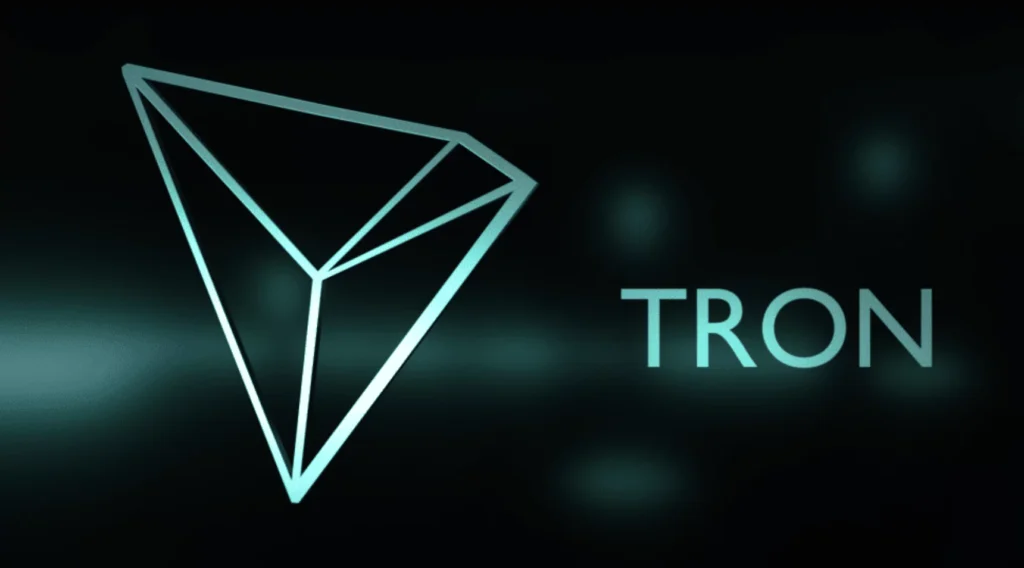Tron seeks dismissal of the SEC’s lawsuit, stating “foreign digital asset offerings to foreign purchasers on global platforms.”

The entity responsible for the layer-1 blockchain Tron has petitioned a federal court in New York to discharge a lawsuit filed against it by the United States Securities and Exchange Commission. The defendants claim that the SEC is primarily interested in foreign activities.
The Tron Foundation stated in a dismissal motion filed in a New York federal court on March 28 that the SEC’s attempt to apply U.S. security laws to “predominantly foreign conduct” goes “too far” and that “the SEC is not a global regulator.”
The SEC I filed a lawsuit against Sun, the Tron Foundation, the BitTorrent Foundation, and its parent company Rainberry Inc. in San Francisco, both of which Tron acquired in 2018, in March of last year, alleging that Sun sold Tron TRX. Moreover, BitTorrent (BTT) tokens constitute unregistered offerings of securities.
Tron, headquartered in Singapore, stated in its motion that the SEC has no authority over “foreign digital asset offerings to foreign purchasers on global platforms.”
Tron asserted that the tokens were sold “completely overseas” in order to circumvent the U.S. market and that the SEC did not claim that they were “initially offered or sold to any U.S. residents.”
The statement dismissed as “dubious” the SEC’s assertion that subsequent secondary token transactions “on a U.S.-based platform serving users worldwide” constituted unregistered U.S. securities.

Tron argued that the tokens fail classification as investment contracts under the U.S. securities classification, the Howey test, even if the SEC had jurisdiction.
The SEC also alleged in its lawsuit that Sun, a Grenadian national of Chinese descent, engaged in “manipulative wash trading” and covertly compensated celebrities, such as Soulja Boy and Akon, to promote the tokens. “Manipulative wash trading” occurs when one entity buys and sells a token to stimulate market activity.
Tron wrote in its motion, “No particularized facts show that the trades were actually ‘wash trades,’ wrongfully executed for illegitimate purposes (much less affecting anyone in the United States),” “The SEC also does not allege a single victim,” it added.
Tron further contended that the SEC’s support for its already tenuous and often indiscernible claims was “generalizations and conclusions” rather than “generalizations and conclusions to support its already thin, frequently indiscernible claims.”
“For example, although the SEC purports to allege fraud, no material misstatement is alleged, leaving Defendants (and the Court) to speculate on the precise basis for those claims,” the document continued.
Tron further contended that the case ought to be dismissed by the significant questions doctrine—a Supreme Court decision stating that legislation is enacted by Congress and not by regulators—a principle cited in SEC lawsuit dismissal motions by other cryptocurrency firms, such as Kraken and Coinbase.
Within two weeks, the SEC must respond to Tron’s motion. There was no prompt response from the SEC to a request for comment regarding the dismissal motion.
